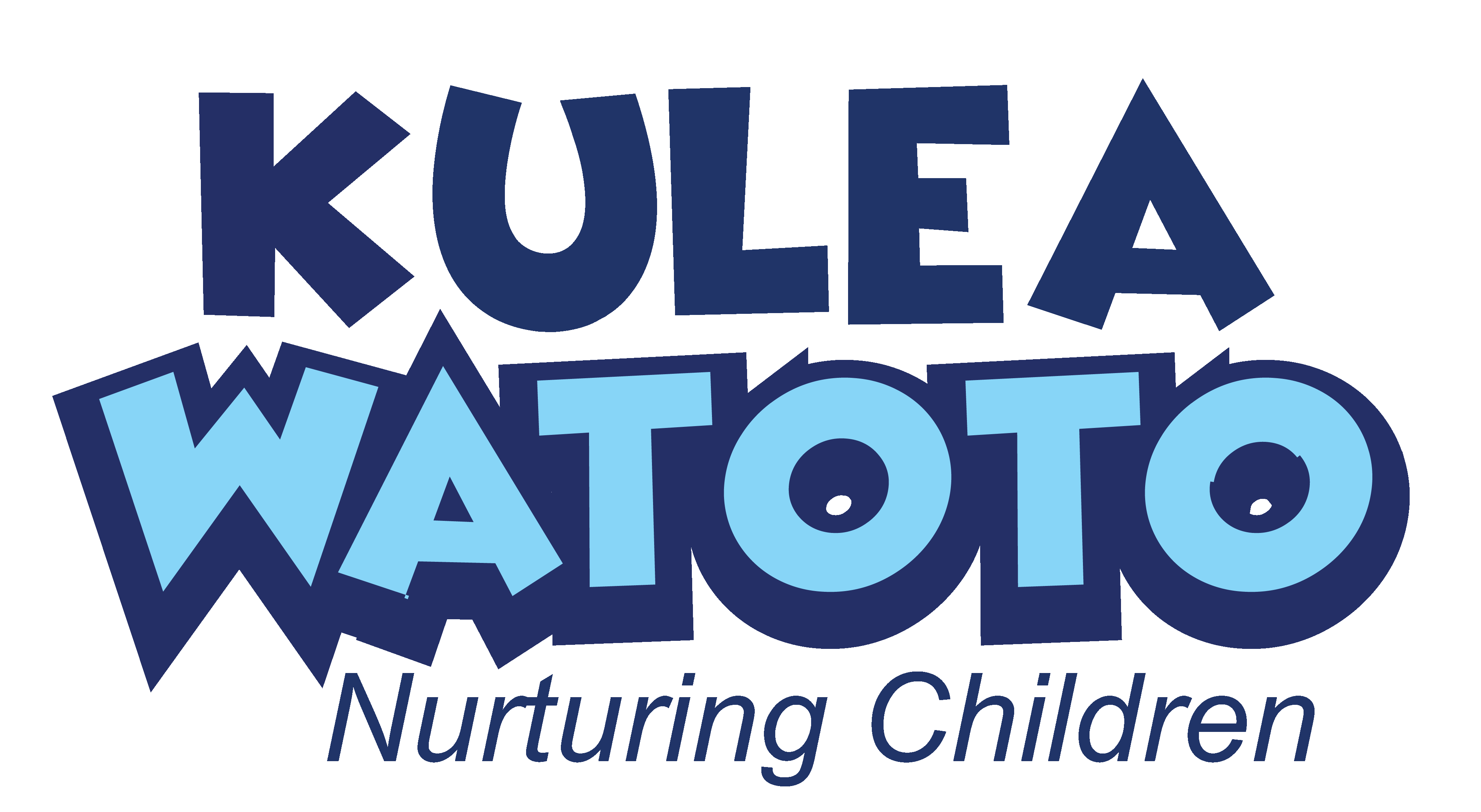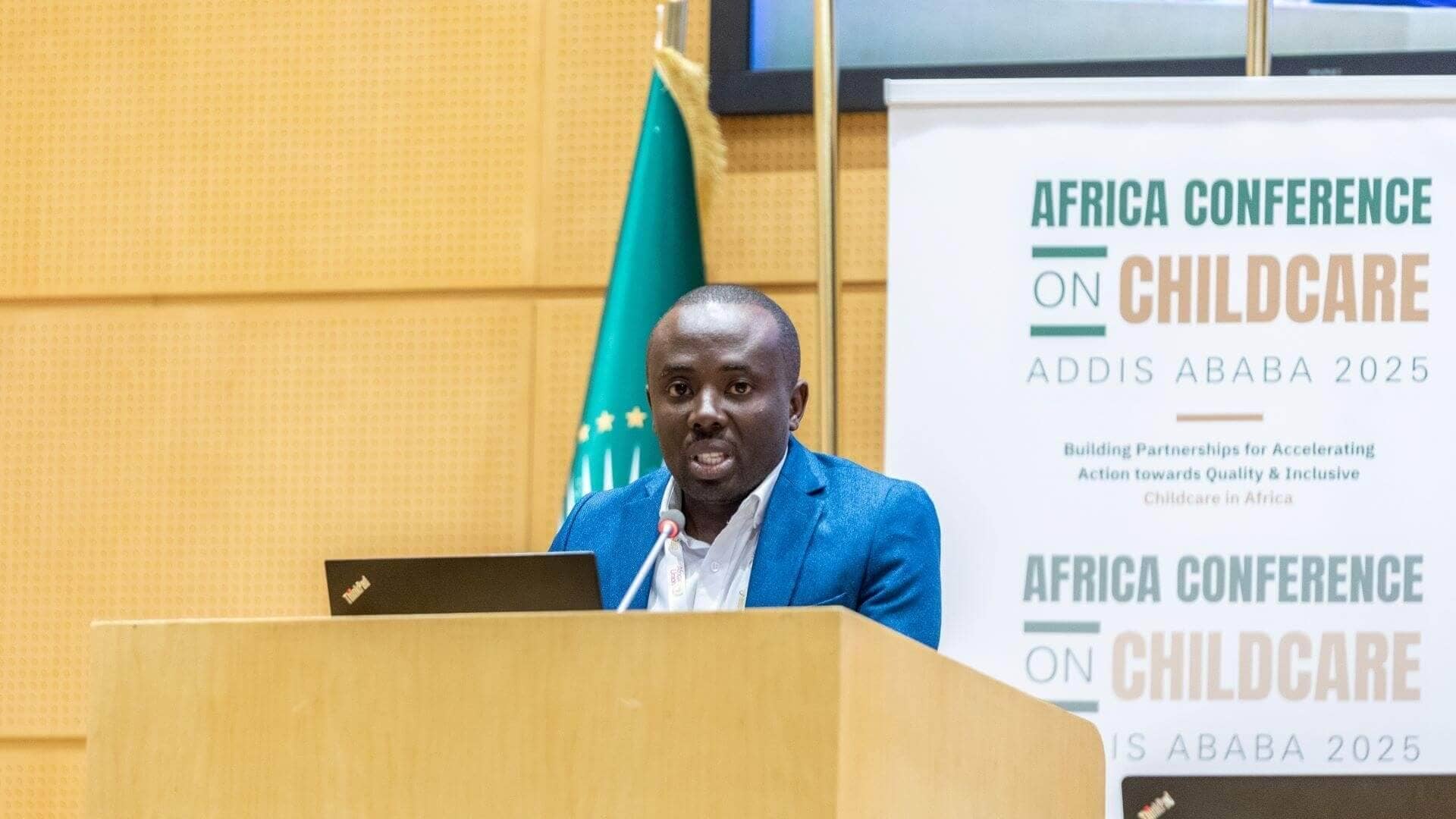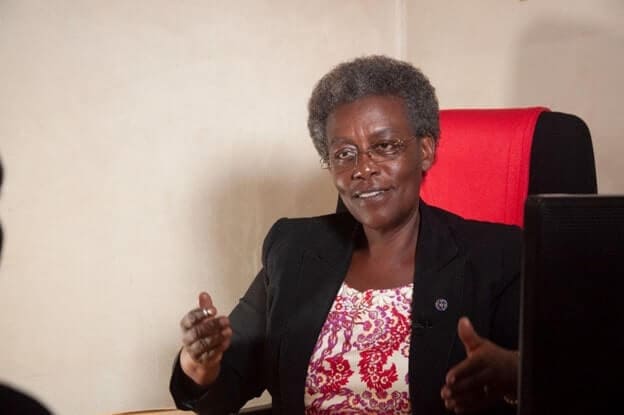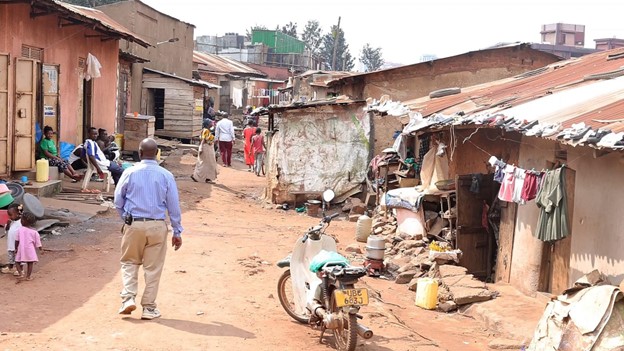How a Refugee-Led ECD Centre is Changing Early Childhood in Makindye
How a Refugee-Led ECD Centre is Changing Early Childhood in Makindye
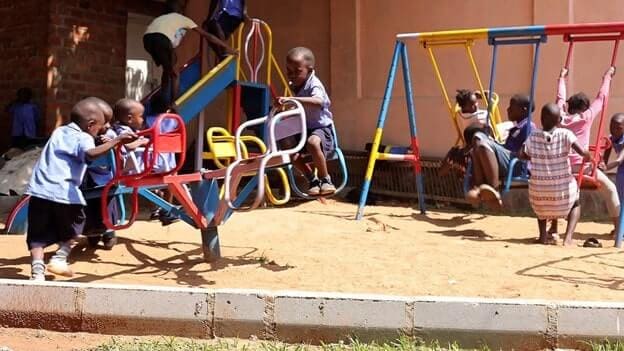
Children play at one of the play spaces supported by the Kulea Watoto Project in Konge, Makindye Division.
“When my child joined the centre, he could not even count to ten.But now he can write his name and count to fifty.” This reflection from a mother in Makindye Division, Kampala, is one of many shared with David Lungu, a trained caregiver working at a community-based early learning play space run by People for Peace and Defence of Rights (PPDR). Her seven-year-old son, like many refugee children in Uganda, had never attended school due to financial constraints. Today, he is learning, playing, and growing in confidence thanks to the Kulea Watoto Project.
The Kulea Watoto project employs a two-generational model that emphasizes providing comprehensive support and services that address the needs of both parents and children simultaneously in both refugee and host communities in Uganda. It intentionally combines intensive, high-quality adult-focused services with intensive, high-quality child-focused programs to improve outcomes for children, primary caregivers, and families. In Makindye Division, one of the project’s vibrant sites, PPDR is implementing an early childhood intervention for refugee families that links play-based learning for young children with livelihood training for their caregivers.
Refugee led change
PPDR is a refugee-led organisation that supports urban refugee communities through advocacy, education, mental health, and economic empowerment. Before partnering with the Kulea Watoto Project, the organisation was already running skills training for women, but many mothers were missing classes because they had no safe place to leave their children.
“We found that many women were either dropping out of classes or missing sessions because they could not leave their children alone at home,” said Joyeux Mugisho, Executive Director of PPDR. “They also feared for their children’s safety while they went to look for work.”
With support from Kulea Watoto, PPDR established a child-friendly play and learning space where children are nurtured, stimulated, and protected while their mothers attend skills training. The centre currently serves over 100 children from refugee families. Kulea Watoto, through consortium partner MADRASA provides technical and material support, including learning materials, outdoor play equipment, and stipends for caregivers. The space offers structured, play-based early learning tailored to the unique needs of children in displacement.
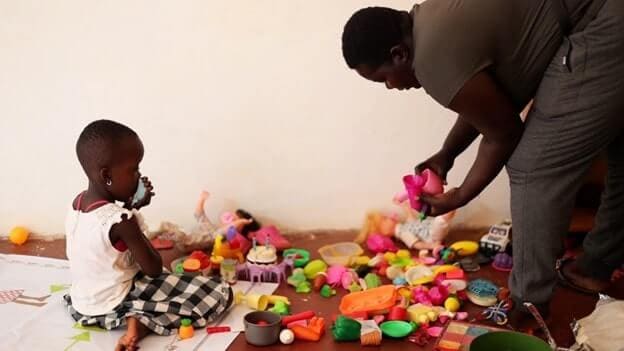
Christine Opina, a lead parent attending to a child at play-space supported by the Kulea Watoto Project in Konge, Makindye Division.
Transforming Education through Play
Lungu, who has five years of experience supporting vulnerable communities, is one of the centre’s lead caregivers. Since joining the Kulea Watoto project, he has received foundational training in child development, hygiene, child protection, and structured play. This has transformed both his approach and his outlook. “Before Kulea Watoto, I did not know that playing could be part of teaching,” said Lungu. “I thought being a teacher meant being serious all the time. But now I understand that play is the language of children. If you include play in your teaching, you get their attention, and they learn better.”
Each weekday, children arrive by 8:30 am in the morning and stay until early afternoon. The daily routine blends prayer, structured foundational learning in English and numeracy, and age-appropriate games. Lungu and his teams to guide children through storytelling, drawing, music, and outdoor play. This environment supports children’s emotional, social, and cognitive development. “You see the change even after one month,” Lungu said. “They become more expressive, more focused, and more social.”
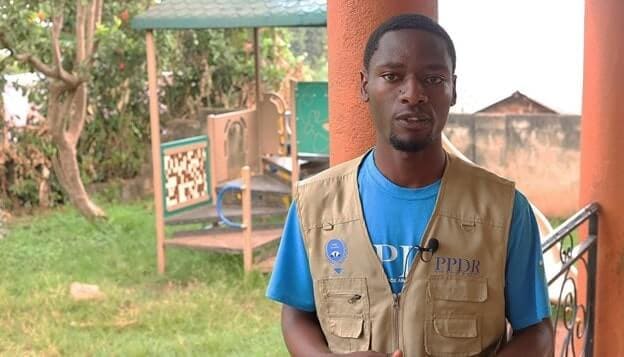
David Lungu, trained caregiver, during an interview at PPDR play-space supported by the Kulea Watoto Project in Lukuli, Makindye division.
Two Generation Model
Beyond his work with the children, Lungu also collaborates with lead parents to conduct group sessions for caregivers. These sessions cover essential themes such as nutrition, positive discipline, responsive caregiving, and the value of early learning through play. “We work with parents because we want to continue learning at home,” he explained. “Even simple games at home can teach children a lot.”
For refugee mothers, the learning centre has opened up new opportunities. Through PPDR’s skilling programme, 150 women each year are trained in tailoring, handicrafts, and entrepreneurship. These sessions are designed not only to equip them with practical skills but also to build financial confidence. Graduates are supported to form savings groups and receive small start-up materials for business.
“We want the women to move from learning to earning,” said Mugisho. “And we make sure that as they focus on that transition, their children are being looked after and prepared for school.”
Parents have welcomed the changes in their children’s abilities. Many had never imagined that their children could catch up with their peers after missing out on nursery school. But with the Kulea Watoto-supported approach, children are acquiring basic literacy and numeracy, socialising in a safe space, and becoming school-ready.
“The children who leave our centre and go to primary school are doing well,” Lungu shared. “They may not have gone through formal nursery school, but when they sit for entry exams, they perform well. They already know how to write their names, read numbers, and follow instructions.”
Community Cohesion
The space is also building community cohesion. Refugee and Ugandan families alike are engaged in the centre’s activities. Community volunteers help run the learning sessions, supervise play, and prepare snacks when available. Although the centre is not yet able to offer lunch daily, parents contribute where they can.
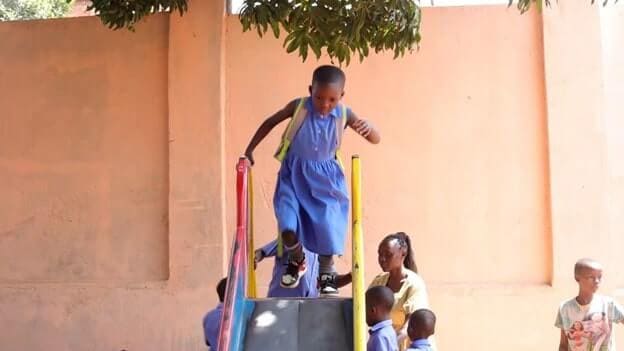
Children playing under the watch of a caregiver at a play-space supported by the Kulea Watoto Project in Konge, Makindye Division.
However, sustainability remains a concern. “We have seen what works, but we need more support to grow,” Mugisho said. “We could do even more with consistent funding, more staff, more food for the children, and more space.”
Lungu agrees. “If we had lunch, we could keep the children longer and help more parents. If we had more rooms, we could group the children better. But even now, we see real change.”
Perhaps the most powerful feedback comes directly from the parents. One day, a mother called Lungu during the December holidays. She told him, “My child has changed. He can write, he can count. Come and get a soda to say thank you.” Lungu couldn’t make it, but her words stayed with him.
That is the heart of the Kulea Watoto model - meeting families where they are, supporting them to grow together, and building hope through community-led solutions. In the busy streets of Makindye, it is already working.
